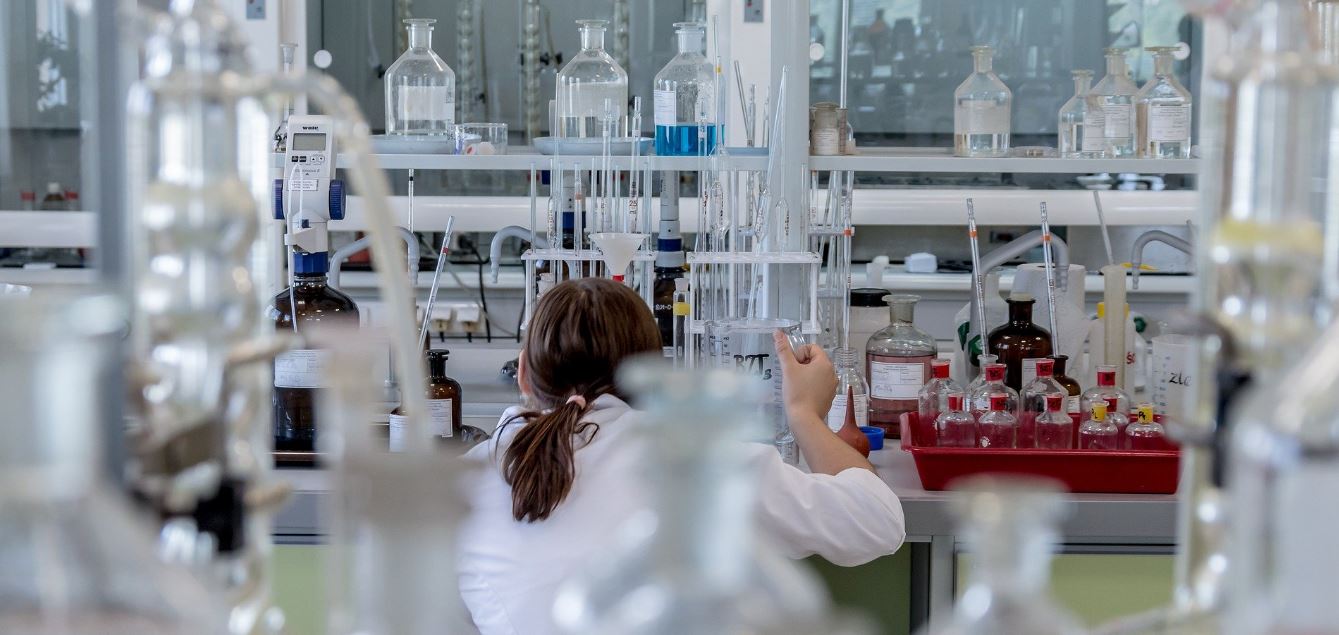RESEARCH AND COLLABORATION – QUEEN’S links with the rest of the world 
02 July 2020
With the rate of internationalisation growing rapidly, universities – including Queen’s – are fostering an increasing number of important research relationships and forming global partnerships across a broad range of subject areas, as can be seen in the worldwide response to the current pandemic.
Queen’s is a driver of innovation and talent based on excellence. We are globally connected and networked with strategic partnerships across the world, helping us to expand our impact on wider society locally, nationally and internationally. We are ranked 16th in the world for international outlook (Times Higher Education World University Rankings 2019) and are in the top 25 of the most international universities (Times Higher Education World University Rankings 2018).
Education and research are global by nature. As a member of the prestigious Russell Group, Queen’s already has ties with many top universities in the UK and Ireland. Exchanging ideas and offering intellectual mobility are essential if we are to address the many challenges facing the world. The University is therefore collaborating across disciplines and with outside agencies and global institutions on projects of world significance pushing forward the boundaries of science, training the next generation of innovators, and, ultimately, benefitting all, from the staff and students to the world as a whole.
Long standing partnerships
In addition to partnerships in Asia and the US, Queen’s has established strong research collaborations with institutions and researchers in countries around the world such as South Africa.
From 2013-18, our academics secured nearly £900k in funding for research engagement and co-authored 232 publications with collaborating researchers from 31 institutions in South Africa.
Top ranked partner institutions include University of Cape Town, University of the Witwatersrand and University of Stellenbosch.
As a result, Queen’s staff delivered invited talks, public lectures, held memberships of peer review panels and committees, external academic institution visits and conducted research and teaching at 15 different South African universities and institutions.
In 2017-18, Childhood experiences and mental health in South Africa was the subject of a major collaboration between Queen’s and the University of Cape Town and the University of Johannesburg, South Africa.
New opportunities
Memoranda of Understanding (MoUs) provide a general framework for future alliances with international institutions. The primary objective is the development of cooperative efforts between Queen’s and the international partner, which will enhance the research interchange between the two institutions and the performance of both.
Currently, the University has over 20 MOUs in Asia, the US and, increasingly, around the world:
- Australia, University of the Sunshine Coast
- Ghana, University of Cape Coast
- Hungary, University of Szeged, Faculty of Medicine
- South Africa, Stellenbosch University
- Tanzania, University of Dodoma
Research funding
Significant funding opportunities are now available to support such collaborations from a variety of UK and international organisations. Queen’s has been successful in securing funding from the Global Challenges Research Fund (GCRF), with a current portfolio of more than 25 projects across 30 countries.
Additionally, the University has seeded research workshops and pump-priming pilot projects across over 50 countries.
A priority of the Queen’s GCRF strategy is to provide capacity and capability training and development for academics to engage in international research activities.
To fulfil this commitment, the University has developed a Global Research Training Programme (GRTP) to provide support for a selected group of early-career academic staff to lay the groundwork for conducting international research to address global challenges.
Queen’s has also secured awards from the Newton Fund, with a current portfolio of more than 70 projects across 14 of the 17 Newton partner countries.
Dr Trung Duong from The Institute of Electronics, Communications and Information Technology was the winner of the 2017 Newton Prize for his work with Vietnamese partners on a Catastrophe-Tolerant Telecommunications Network.
In addition to the broader benefits that successful international partnerships bring, it is also clear that they can help student recruitment. Domestic students are afforded the opportunity to travel internationally via exchange initiatives arising out of many partnerships, while students in the partnered institution often get the chance to come to Queen’s.
International partnerships also enable staff, students and universities to better understand the culture of other nations, which will also make it easier to introduce Queen’s to new markets and to encourage new cohorts of international students to come to Belfast.
A win, win for all parties involved.
Contact information for Queen’s international research is available online.
For general enquiries about this story, or to submit a graduate news item, please contact Gerry Power, Communications Officer, Development and Alumni Relations Office, Queen’s University Belfast.
Back to Main News
Top of Page